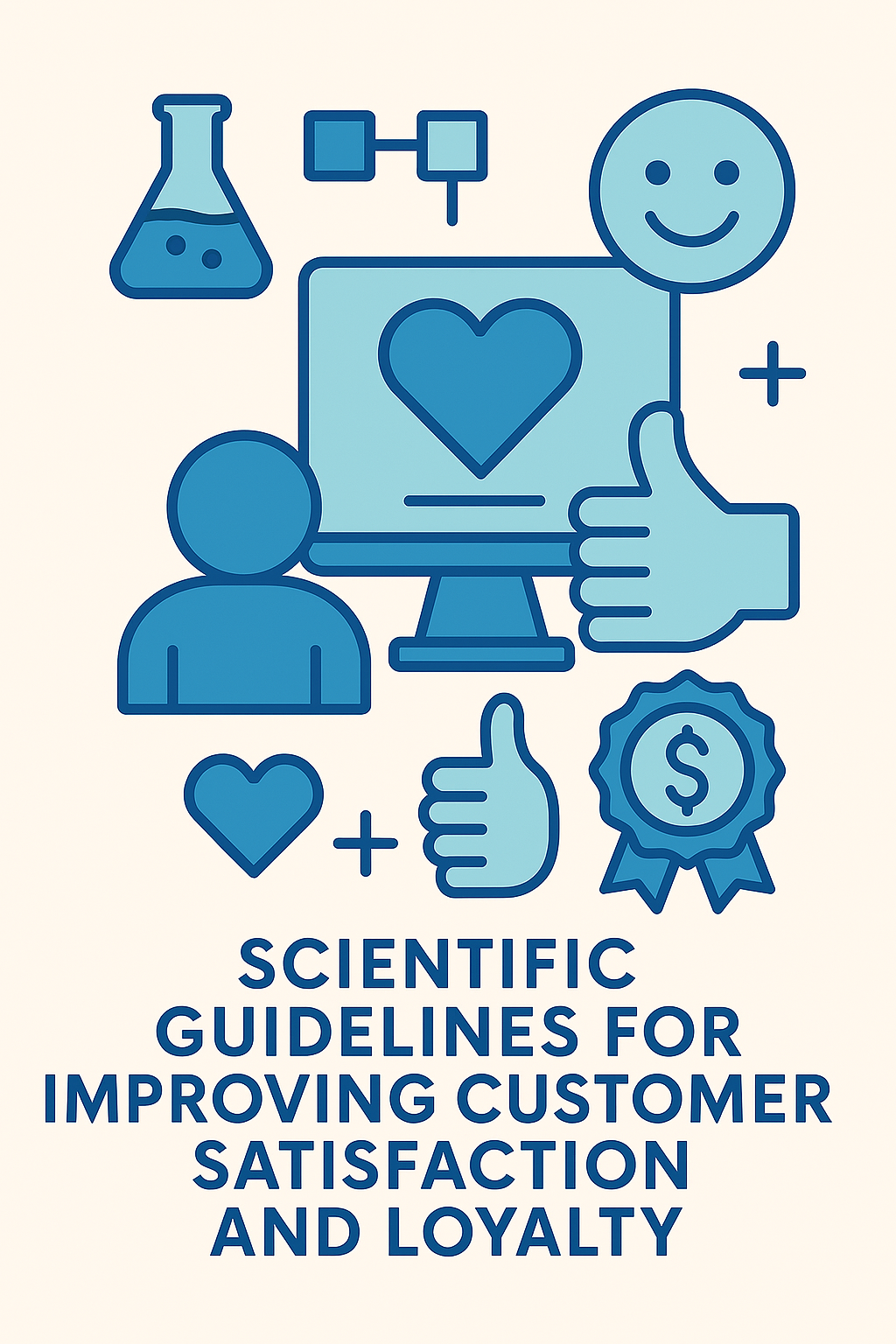
In the modern business world, customer satisfaction has become the cornerstone of success. Delivering an exceptional customer experience not only strengthens relationships but also enhances loyalty and increases long-term revenue. Scientific studies confirm that understanding customer needs and expectations, then applying data-driven strategies, significantly improves their experience. Companies that invest in building outstanding customer experiences gain a strong competitive advantage and ensure sustained growth in the market.
Research has shown that satisfied customers are more likely to return to a brand compared to new customers. According to a study published by Harvard Business Review, acquiring a new customer can cost up to five times more than retaining an existing one, making customer satisfaction a strategic necessity. Building long-term relationships depends on delivering experiences that exceed expectations and provide added value, fostering a deep connection between customers and the brand.
Behavioral psychology and data analysis offer precise methods for improving customer experience. Studies in positive psychology emphasize that providing rewarding and enjoyable experiences enhances customer satisfaction. For example, loyalty programs that offer points or rewards encourage continuous engagement with the brand, increasing retention rates. Additionally, personalization plays a crucial role in customer satisfaction, as customers feel valued when they receive tailored recommendations and services based on their previous interactions. According to a study by McKinsey & Company, customers who receive personalized experiences are significantly more likely to make purchases.
Loyalty is not solely dependent on good service; it also requires effective emotional engagement with customers. Emotional connection with a brand is a key factor influencing purchasing decisions and repeat interactions. According to a report by Motista, customers who feel a strong emotional bond with a brand are more likely to repurchase and recommend the product to others. Companies that build a strong identity and clearly reflect their values create a loyal customer base, positively impacting growth and revenue.
Achieving customer satisfaction and increasing loyalty is not just a marketing strategy—it is a science based on data, behavioral psychology, and understanding emotional needs. Companies that apply these scientific principles can enhance customer experience, strengthen trust, and increase long-term loyalty, leading to sustainable success in an ever-changing competitive market.
